(Visited 9.565 times, 2 visits today)

The black and white coloration and the long bushy tail of the Delacour’s Langur are unique amongst Southeast Asian Langurs. The upper body is black, with a sharp demarcation to white from just above the hips to just above the knees. White whiskers on the cheeks are longer than in other Indochinese Black Langurs, and the hair extends from behind the ears and down the neck where it terminates in a white patch. Males are slightly larger than females at around 60 centimeters in length with a 90-centimeter tail, and weighing around 8.5 kilogram whilst females weigh on average 7.5 kilograms. Females possess a distinctive ‘pubic patch’ of white fur and pale skin anterior to the callosities.
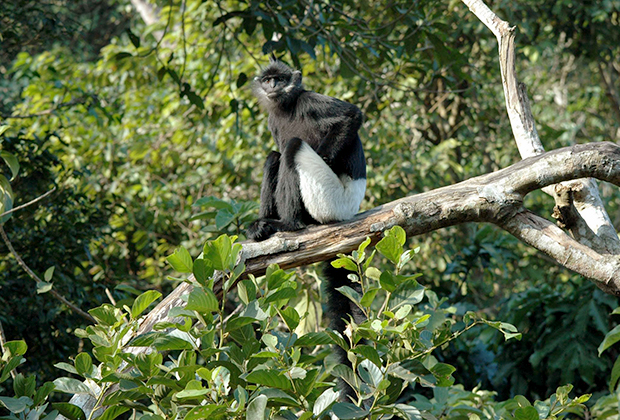
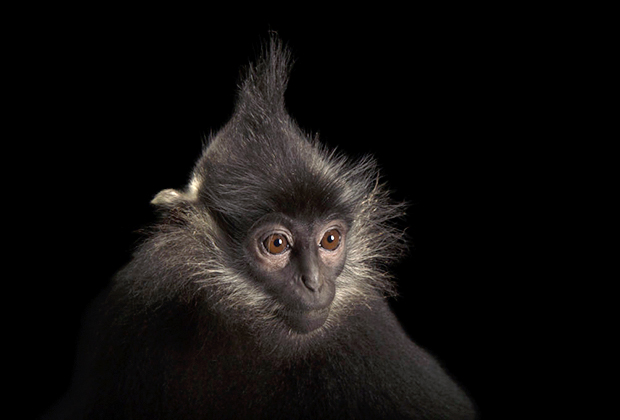
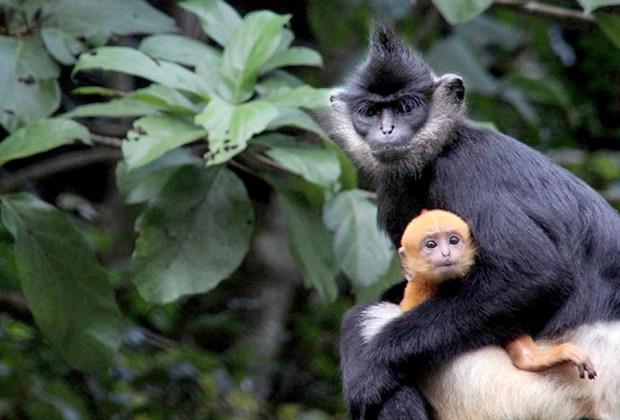
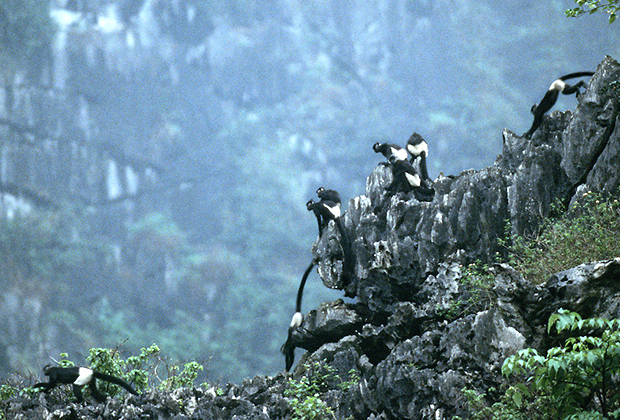
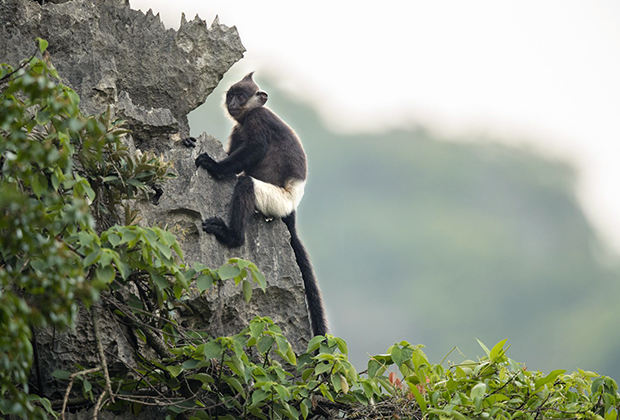
This species is endemic to Vietnam and is found only in the North-central part of the country. It occurs in fragmented populations across the provinces of Ninh Binh, Nam Ha, Hoa Binh, and Thanh Hoa.
The Delacour’s Langur lives in limestone karst forest, either broadleaf evergreen or evergreen shrubs. They are mainly folivorous, with leaves making up between 60-80 % of the diet and the rest comprising of shoots, fruit, flowers, and bark. Group size averages ten individuals, one adult male, four females, and offspring.
Hunting for traditional medicine is a major threat. As a result, the remaining populations are severely fragmented, limiting their long-term viability.
The species is listed as Critically Endangered in the 2007 Vietnam Red Data Book and is protected by law under Decree 32/2006 ND-CP: 1B.
International trade must be controlled in order to avoid utilization incompatible with their survival.
Currently, the only viable population occurs in Van Long Nature Reserve. This population is protected by collaboration between the Ninh Binh Forest Protection Department and community rangers from the local Communes. The EPRC founder Tilo Nadler has been integral in the ongoing protection of this population, he and the EPRC continue to provide key support for this project.
Other national actions include an assessment of the remaining small populations for appropriate conservation actions.
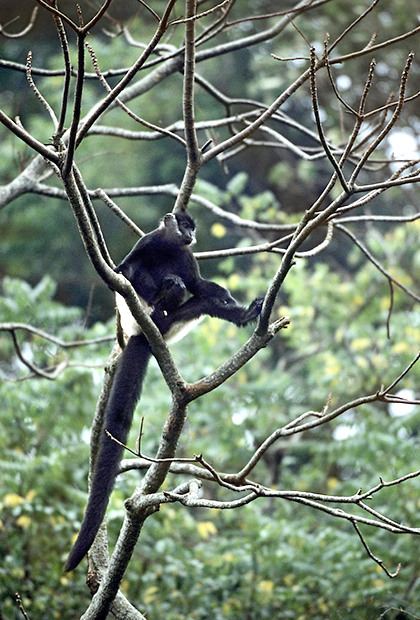

Established in 1993, EPRC is a not for profit project dedicated to the rescue, rehabilitation, breeding, research and conservation of Vietnam’s endangered and critically endangered primate species.
© Endangered Primate Rescue Center 2020
Website by MINIMUMMEANS